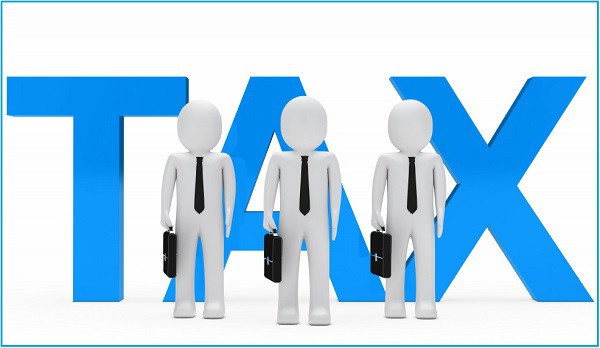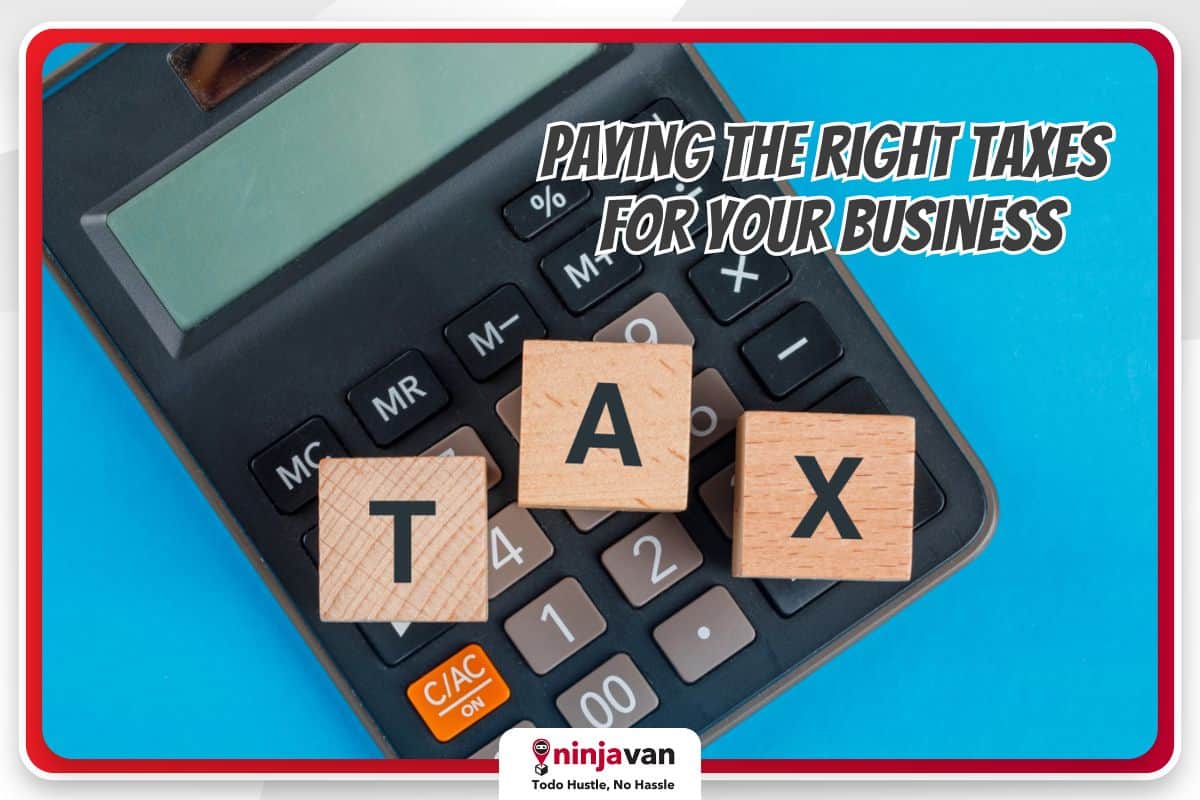It doesn’t matter if you’re a lone entrepreneur, the head of a corporation or own an only-online store, taxes are a certainty when you operate a business.
Although the government recently passed the Ease of Paying Taxes Act, which is designed to modernize tax filing beginning in 2024, it’s still important to know the process itself.
Business tax filing in the Philippines can be daunting, especially if you’re a first-time entrepreneur. When you’re well-informed about your fiscal responsibilities as a commercial enterprise, you’re in a better position to make financial decisions that steer your company in the right direction.
Also read: Your Tax Obligations as an Online Seller
What is business tax?
Business tax is a financial obligation the Philippine government imposes on businesses to generate revenue for public services and projects. These taxes, collected by the Department of Finance’s Bureau of Internal Revenue (BIR), play a pivotal role in sustaining economic growth and creating a conducive environment for businesses to thrive.
An understanding of the intricacies of business tax is vital for both new and seasoned entrepreneurs. Each type of tax comes with its specific purpose and filing requirements.

How do you file different types of business taxes?
a. Percentage Tax (Monthly and Quarterly)
The Percentage Tax is levied on the gross sales or receipts from business activities. It’s a tax that’s primarily applicable to businesses with gross sales not exceeding P3,000,000. The percentage tax rate varies, but it is crucial to calculate and file it correctly.
To file your Percentage Tax, you need to submit the following:
- BIR Form 2551M for monthly payments
- BIR Form 2551Q for quarterly payments
- Certificate of Creditable Tax Withheld at Source
- Approved Tax Debit Memo, if applicable.
Filing occurs within twenty-five days after the end of each taxable quarter.

b. Income Tax (Annually and Quarterly)
Income Tax is an annual obligation based on the net income of the business. Corporations are now subject to 25% (down from 30%), except for domestic micro, small, and medium-sized companies with net taxable revenue of less than P5 million and total assets of less than P100 million, which are taxed at 20%.
Non-resident companies will be taxed only on income sourced in the country whereas domestic businesses will be taxed on their worldwide income.
To avoid double taxing, the Philippines has existing tax treaties with several countries, which include Canada, United States, the United Kingdom, and Singapore. The treaties provide tax relief on income generated by foreign or local residents of the country from sources within their respective territories.
It’s important to note that different forms are used for corporations and sole proprietors.
For corporations:
- BIR Form 1702Q for quarterly filing
- BIR Form 1702 for annual filing
Sole proprietors:
- BIR Form 1701Q for quarterly filing
- BIR Form 1701 for annual filing
c. Withholding Taxes (BIR Form 1601C/BIR Form 1601E)
Withholding taxes involve deducting a certain percentage from payments made to suppliers, contractors, or employees. These withheld amounts must be remitted to the Bureau of Internal Revenue (BIR).
Two common forms are used for this purpose:
- BIR Form 1601C for monthly payments to corporations
- BIR Form 1601E for monthly payments to individuals
Ensuring accurate and timely filing of these forms is crucial for businesses to avoid penalties and maintain a good standing with the BIR.

What are the penalties for failing to pay your business tax?
What happens when you don’t pay your taxes? Oplan Kandado, that’s what
Oplan Kandado is the BIR’s enforcement program in which noncompliance of corporate tax requirements in the Philippines may result in administrative sanctions, such as suspension and temporary closure of the business.
Although the BIR can’t simply “padlock” your business without following the proper procedure, you must work hard to prevent the severe sanction.

In extreme cases, imprisonment of up to 10 years could result from evasion or failure to pay tax in the Philippines.
Late filing penalties can accumulate rapidly, creating unnecessary financial strain on your business. It’s imperative to prioritize compliance, keep track of filing deadlines, and, when necessary, get professional advice to navigate the complexities of tax regulations.
Who is exempted from business tax?
Professional advice may also give you tax savings because you could qualify for incentives and exemptions.
According to the BIR, if you’re not VAT-registered, sell goods, services, or properties with a gross sales or receipts that don’t go over P3 million, you may be exempt from VAT under Section 109 (BB) of the National Internal Revenue Code (Republic Act (RA) No. 10963).

Under the R.A. No. 9178, the Barangay Micro Business Enterprise Law, you may be exempt from business income tax payment in the Philippines if your accredited enterprise has a total asset value not exceeding P3 million.
If you’ve also registered with the Board of Investments, you may qualify for fiscal incentives, including a six-year income tax holiday if you own a pioneer enterprise. But this incentive is limited to bigger enterprises, like power generating companies or exporters with expansion plans.
Here are more Tax Exemptions for MSMEs you should know.
What’s changed in business tax filing in 2024?
The landscape of business taxation in the Philippines is dynamic, with periodic updates and changes to regulations.
More recently, the EOPT Act, which provides mechanisms that encourage compliance without spending too much. For starters, it allows a file-and-pay anywhere concept. It also classifies businesses into micro, small, medium and large taxpayers. VAT on services is now based on gross sales, as opposed to gross receipts.
Your business is also now exempt from paying the annual registration fee of P500 and filing BIR Form 0605, under the EOPT Act.
Learn and understand your tax obligations
Don’t leave your tax obligations to chance.
Stay organized, set reminders for filing deadlines, and consider enlisting the support of tax professionals to ensure accuracy and adherence to the latest regulations.

When you fulfill your business tax obligations, you provide a fundamental contribution to the country’s economic development. But more importantly, you ensure the sustainability and credibility of your business.
More financial tips for your new business:
10 Tips for Effective Cash Flow Management
Accountant vs. Auditor: What’s the Difference?
PESONet vs InstaPay: Which is Best for Your Business?






